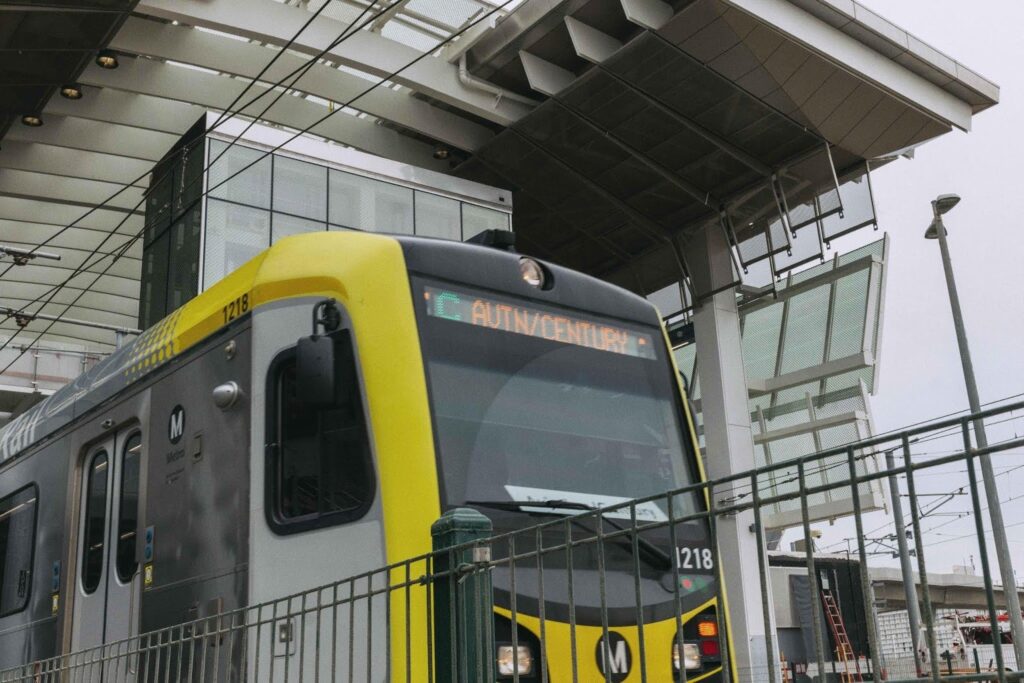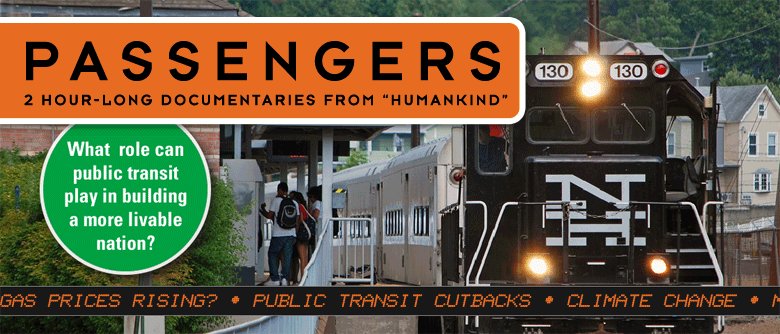
“Passengers” documentary features diverse voices on transportation
 A newly-released documentary available both on radio and online surveys a variety of Americans about their perspectives on the nation’s public transportation system.
A newly-released documentary available both on radio and online surveys a variety of Americans about their perspectives on the nation’s public transportation system.
“Passengers,” as the program was dubbed, aired on WAMU (D.C.’s NPR affiliate), a number of public radio stations in most major U.S. markets and nationwide on NPR World and NPR’s Sirius XM satellite, and interested listeners can also access the segments for free and download via iTunes and podcast. The four half-hour installments were written and produced for radio by David Freudberg of Humankind.
The series is inspired in its inclusion of a diversity of transportation voices — transit authority heads, labor, chambers of commerce, advocates and students who rely on public transportation services daily.
“You can look at almost any transportation project, and you can point to development that happened because of that,” said Natalie English, senior vice president of the Charlotte Chamber of Commerce, describing to Freudberg how smart investment in transit options can do more for economic growth in some cases than a traditional highway or road project.
Others spoke of how crucial access to transit was to their daily lives.
“I live check by check, day by day, and, you know, and I depend on the public transportation. I depend on this to get me to where I’m going,” a male passenger of Boston’s T system told Freudberg.
The four parts of the series are as follows:
- Part One looks at a Virginia man who accepted his county’s car-free challenge for one month; it also interviews both drivers about the price of gas and bus riders in low-income neighborhoods.
- Part Two looks at the convergence between the business community and environmentalists over the widespread benefits of public transportation — “Bankers and the Sierra Club on the same side,” as Freudberg put it.
- Part Three looks at the impact of public transit on climate change compared to the impact of a car. Transportation for America Director James Corless was interviewed for this segment, along with the president of AAA.
- And, Part Four examines where receipts from the federal gas tax end up, as well as weighing arguments for and against high-speed rail.
Access all four parts here.



